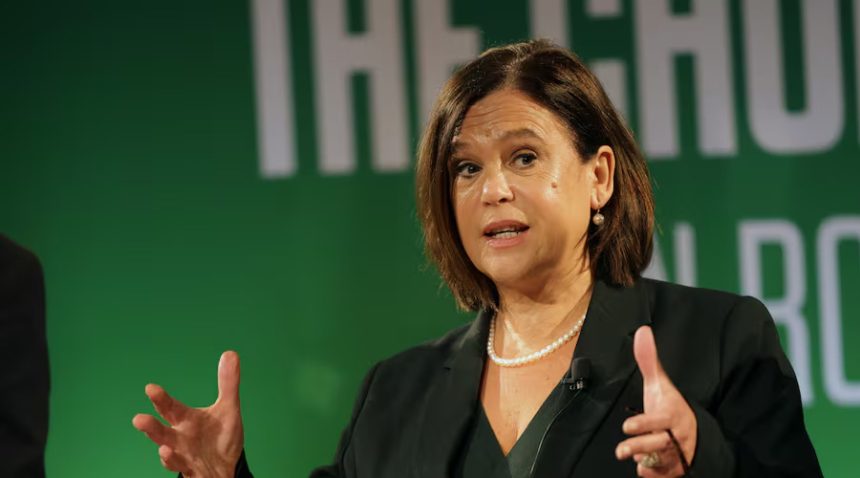Election Strategies in Ireland Amid US Economic Shifts
With the election in Ireland scheduled for November 29, parties are promising a lot of spending to their supporters. These plans built upon strong foreign multinational corporate tax revenues, a key enabler because of Ireland’s recent prosperity. With the economy expanding and boosted by an increase in corporate tax revenue basically from the U.S. companies, it becomes a challenge for the successor government.
Demographic trends predict population growth of up to 8% by 2030, while deficient infrastructure is pressing to be improved. The infrastructure is underdeveloped, being 25% below other developed EU countries. Against this backdrop lies the electoral campaign commitment to increase public spending to maintain and ramp up the infrastructural and economic development of Ireland.
Evaluating the Risks of Financial Overreach
However, the magnitude of these budgetary obligations questions on fiscal recklessness. A headline from the Irish Times jokingly warned about the Prime Minister’s generous pledges on social media reflecting the public’s concern about overspending. This is a key issue in the campaign where the optimism of the economy meets the reality of the fiscal consolidation.
University of Galway’s Professor John McHale said that the recent events of the US election may change Ireland’s economic relation to the US. This is especially true if Trump pushes through with his proposition to decrease corporate taxation in America. These changes can potentially be damaging to corporate taxes, which have been a source of Ireland’s elevated budget surpluses in the past. This situation requires moderation in terms of fiscal policy so that spending will not go beyond the sustainable level.
Strategic Investments and Fiscal Policy
Despite these warnings, not all economists advocate for tightened purse strings. Kevin Timoney, chief economist at Davy Stockbrokers, argues that Ireland’s improved financial health and debt situation afford it the flexibility to address its substantial infrastructure gap. Both Fine Gael and its outgoing coalition partner, Fianna Fail, alongside the main opposition Sinn Fein, propose varying levels of increased spending and tax reductions, intending to channel surplus funds into the national sovereign wealth fund.
Goodbody Chief Economist Dermot O’Leary emphasizes the importance of adhering to the 2021 fiscal rule, which caps annual spending increases at 5%. This rule aims to prevent fiscal slippage observed in previous budgets and ensure long-term economic stability.





